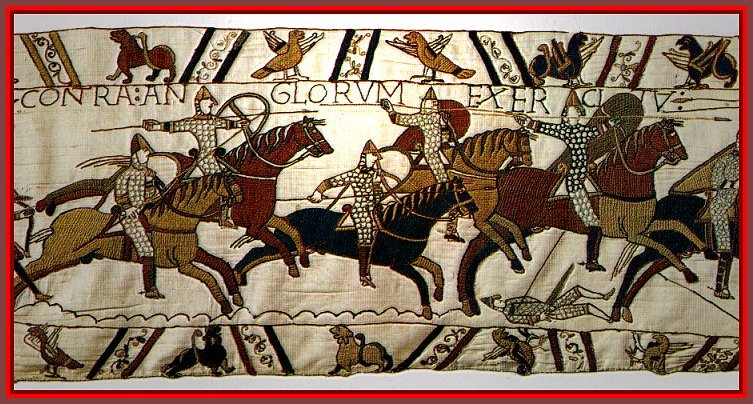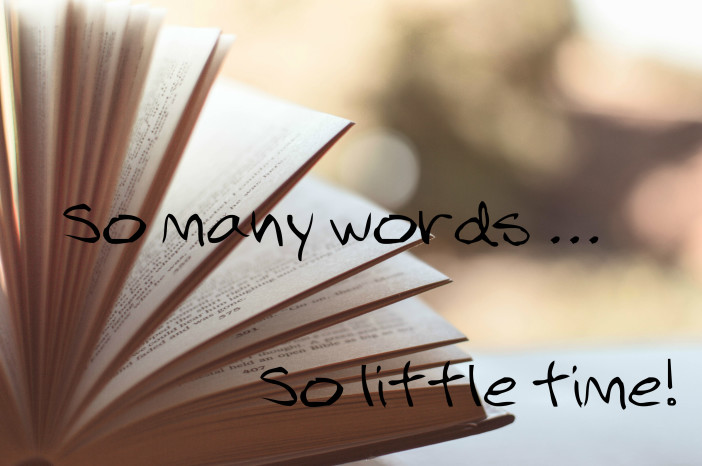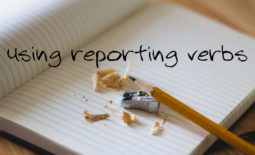So many words … so little time!
You may have heard or read that English has more words than any other language.
Actually, this probably isn’t true. For one thing, it’s very hard to count words. For example, do all the forms of a word (such as hard, hardly, hardness, harden, hardening, hardy, hardiness) count as one word or many words?
But it’s definitely true that English has a lot of words. You can thank English history for this. English started as a Germanic language. But then, in 1066, the French invaded England and ruled it for hundreds of years. As a result, many French and Latin words flooded into the language.

The results are quite interesting. English has many synonyms (words that mean the same thing), one with a Germanic origin and one with a French origin. For example, forgive (Germanic) and pardon (French). Or friendly and amicable, or answer and reply.
But maybe you don’t want to learn about English history: you just want to learn English vocabulary! What should you do when there are so many words, and you have so little time?
It helps to think about vocabulary as belonging to three tiers (or levels).
Tier One words are the basic words that are usually easy to learn (and teach). These words include numbers (one, two, three), colors (red, blue), simple adjectives (hot, cold), and basic verbs (do, make, talk, sleep). Nouns (names) for everyday things (car, house, plate) also belong in Tier One. If you are a beginner, these are the words you should focus on.
To learn Tier One words, picture dictionaries can be very helpful. My personal favorite is the Oxford Picture Dictionary (Second Edition). You can buy a monolingual (English only) version; online and 13 bilingual editions are also available.
Tier Two words are more complex. Intermediate students need to learn these in order to read more texts and express more ideas. Take a word like walk. That’s a basic Tier One word. But there are lots of ways to walk. To describe these, you need Tier Two words such as stroll, amble, saunter, trudge, stomp, and stride. When you know these words (at least some of them), you can express your thoughts more exactly. Knowledge of Tier Two words can also really help you on tests like TOEFL. For example, instead of saying “students should work hard,” how about “students should pursue their studies diligently”?
To learn Tier Two words, it’s helpful to do extensive reading in English. Find books that interest you and that are not too hard to read. Use an online dictionary such as Collins Cobuild to help you translate unfamiliar words. Focus on words that relate to your interests. If you’re an artist, you might want to expand your vocabulary of “color” words, like aquamarine and teal. If you’re a sports fan, zero in on English words you can use to talk about your favorite sport or team. Review your vocabulary words constantly and try to put them into use in your speaking and writing. Finally, have some fun. When you are learning those synonyms for to walk, try strolling, sauntering, trudging, stomping, and striding around the room while repeating those different words! Play word games such as the Daily Jumble or crossword puzzles. Walk around your home and try to name every object in English; for a bigger challenge, add an adjective to describe it.
And what about Tier Three words? Those are the specialized words that relate to a particular field of interest or occupation. Biologists will need one set of words, while engineers will need a completely different set. You will probably learn these when you are an advanced English student, and you will only need to focus on those connected to your work or studies.
Finally, what about slang and swear words? You can’t watch an American movie or TV show without encountering them. This is such a big topic that I will save it for a later blog post.




